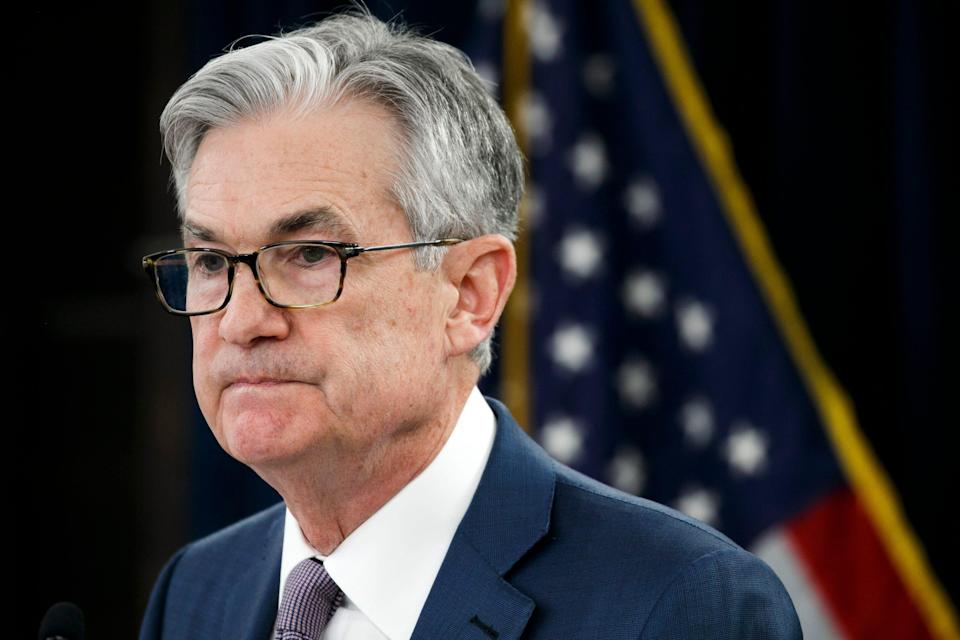Federal Reserve Chair Jerome Powell said Monday the central bank is prepared to raise interest rates more aggressively – including by half a percentage point at some meetings – to tame inflation that’s been stuck at a 40-year high.
“In particular, if we conclude that it is appropriate to move more aggressively by raising the federal funds rate by more than 25 basis points (a quarter percentage point) at a meeting or meetings, we will do so,” Powell said at the National Association for Business Economics’ annual conference in Washington, D.C.
He added, “And if we determine that we need to tighten beyond common measures of neutral into a more restrictive stance, we will do that as well.”
LATEST HIKE:Fed raises interest rates for first time in 3 years to fight inflation, forecasts six more hikes in 2022
TIME TO REFI:Mortgage rates are rising: Is it your ‘last chance’ to refinance?
A neutral interest rate supports full employment while keeping inflation stable. And so lifting the federal funds rate above that level suggests Fed officials are willing to push unemployment – now 3.8%, modestly above a 50-year low – higher to get inflation under control.


“We do place a high priority on the labor market, but ultimately if you want a strong labor market you have to have price stability,” he said during a question-and-answer session.
The consumer price index rose 7.9% annually in February, the fastest since 1982.
After Powell’s remarks were published, the Dow Jones Industrial Average and Nasdaq Composite were down by more than 1%, as of 1:25 p.m. EST. The S&P 500 was down by 0.7%.
The Fed last week hiked its key short-term rate by a quarter point, marking its first increase in more than three years, and forecast a total seven quarter-point hikes this year. That would boost the rate, now near zero, to 1.9% by the end of 2022. Fed officials’ median projection pencils in four more increases next year, which would leave the rate at 2.8% by the end of 2023.
At a video news conference, Powell suggested the Fed is willing to hoist rates even more quickly, but his remarks Monday were more explicit.
He noted that demand in the economy exceeds supply, with job openings, for example, outpacing the number of available unemployed workers. Ideally, he said, rising rates would “reduce excess demand,” easing wage pressures without pushing unemployment higher.
“That’s our goal,” Powell said, while acknowledging that “monetary policy is a blunt instrument.”
Contributing: Elisabeth Buchwald
This article originally appeared on USA TODAY: Fed interest rates: Powell says Fed may hike rates more sharply
